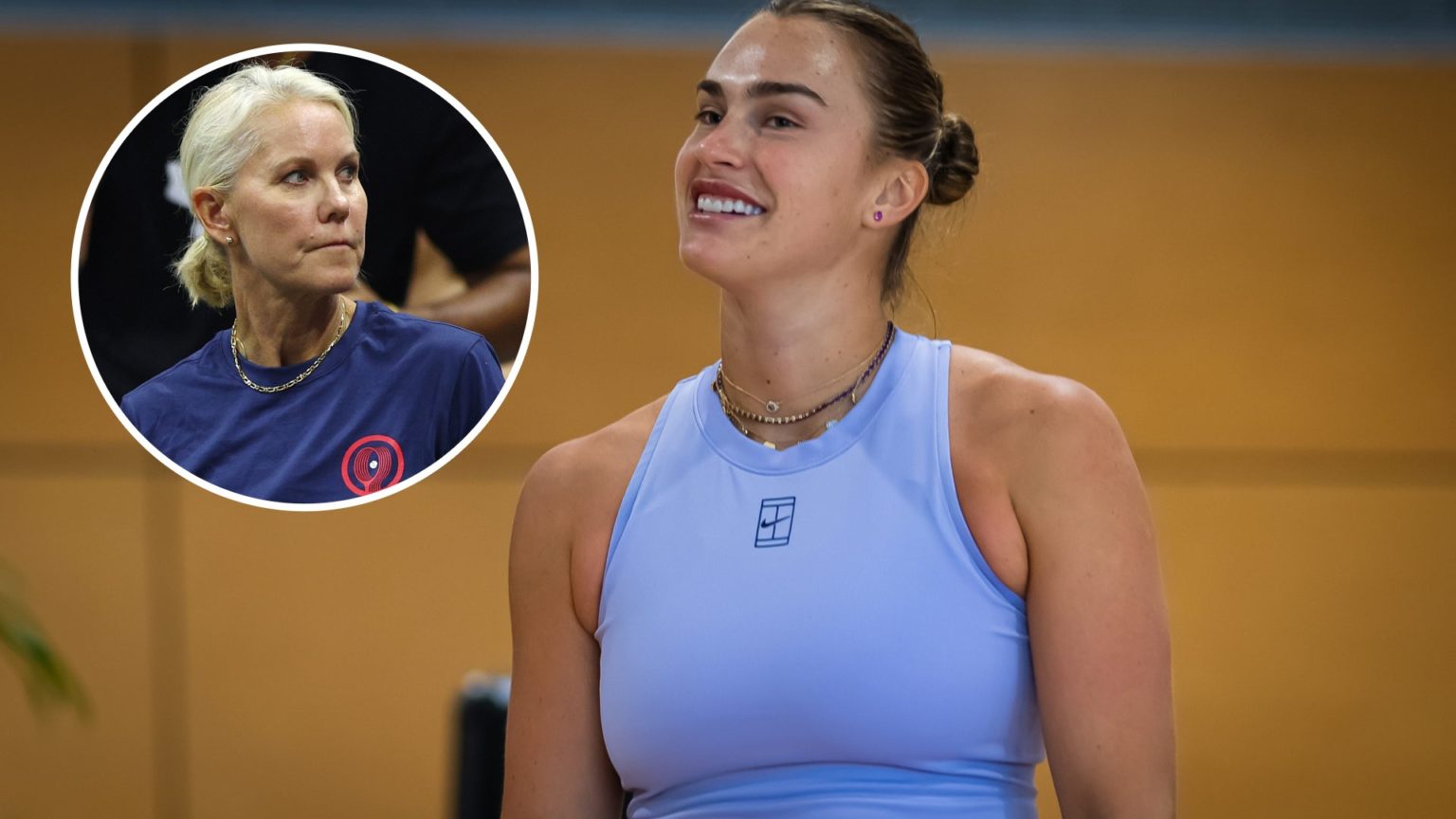Aryna Sabalenka, the world’s No. 1 women’s tennis player, has long captivated audiences with her explosive game and unfiltered passion. Her thunderous serves and relentless aggression have earned her three Grand Slam titles, including back-to-back Australian Opens in 2023 and 2024, and the 2024 US Open. Yet, her fiery demeanor, particularly after high-stakes defeats, has thrust her into the center of a heated debate. Following a dramatic racket-smashing outburst after losing the 2025 Australian Open final to Madison Keys, former doubles No. 1 and Serena Williams’ ex-coach Rennae Stubbs labeled the display “not a good look,” urging Sabalenka to temper her reactions to maintain her image as a gracious champion.
The 2025 Australian Open final was a rollercoaster of emotions for Sabalenka, who sought to etch her name in history as the first woman since Martina Hingis to win three consecutive Melbourne titles. Facing a resurgent Madison Keys, Sabalenka battled fiercely in a three-set thriller, ultimately falling 6-3, 2-6, 7-5. As Keys soaked in her maiden Grand Slam victory, Sabalenka’s frustration erupted. Convinced a pivotal return by Keys in the final game was out, she confronted her player’s box, smashed her racket, and briefly left the court before returning for the trophy ceremony. “I think the reason why Sabalenka lost her mind after the match, which was not a good look, was that she thought the return was out,” Stubbs said on her podcast, noting that the outburst overshadowed Keys’ triumphant moment. “She’s such a good loser normally, so gracious… but you can’t take that moment away from Madison.”
Sabalenka’s emotional volatility is a hallmark of her persona, both a strength and a lightning rod for criticism. Her aggressive style, which produces breathtaking winners alongside unforced errors, mirrors her off-court character—a mix of infectious charm and raw intensity. Fans cherish her lighter moments, like giggling through a power outage at the 2025 Stuttgart Open or playfully joking about buying a Porsche after another final loss there. However, her post-match meltdowns, including racket-smashing after the 2023 US Open final defeat to Coco Gauff and reports of backstage outbursts, have raised eyebrows. “It’s not funny,” Stubbs remarked, warning that Sabalenka’s habit of letting “negative emotions” spill over could tarnish her reputation for sportsmanship. Sabalenka addressed the Melbourne incident, saying, “There definitely was a bit of frustration because I was so close to achieving something crazy. I just needed to throw those negative emotions at the end just so I could give a speech, not stand there being disrespectful.”
The controversy has fueled a broader discussion about emotional expression in tennis. Former player Andrea Petkovic offered a spirited defense, arguing that Sabalenka’s authenticity is part of her appeal. “You live and die by the sword that you swing,” Petkovic said. “If we love Sabalenka for the emotions she displays, we have to take the bad emotions with it. We can’t have all the funny dances and the warrior in her without the other part.” Her perspective resonates with fans who view Sabalenka’s outbursts as a human response to the immense pressure of elite competition. Social media has buzzed with debates, with some pointing out apparent double standards, noting that male players like Alexander Zverev, who destroyed multiple rackets during the 2025 Australian Open, faced less scrutiny.
At 26, Sabalenka stands at a crossroads, a polarizing figure whose vulnerability both endears and divides. Her resilience is unquestionable; after the 2023 US Open final loss, she roared back to claim the title in 2024, proving her ability to channel setbacks into triumphs. “I’m the one who knows that after tough losses, there is good wins,” she declared, signaling her intent to rebound in 2026. As she gears up for the clay season, starting with the Madrid Open, Sabalenka faces the challenge of balancing her fiery spirit with the poise expected of a world No. 1. Her game, built on power and instinct, thrives on emotion, but Stubbs’ critique underscores the weight of every action in the spotlight.
The debate over Sabalenka’s outburst highlights the fine line between passion and professionalism in tennis. For every fan who cheers her unfiltered intensity, another cringes at moments that steal the spotlight from opponents. As she navigates the pressures of being the sport’s top player, mastering her emotions could prove as critical as perfecting her serve. With the tennis world watching, Sabalenka’s next steps—on and off the court—promise to shape not just her legacy, but the conversation around what it means to be a champion in the modern game.

